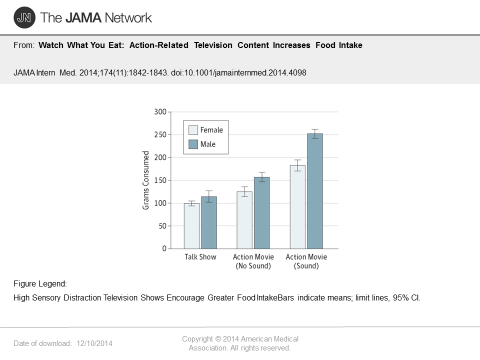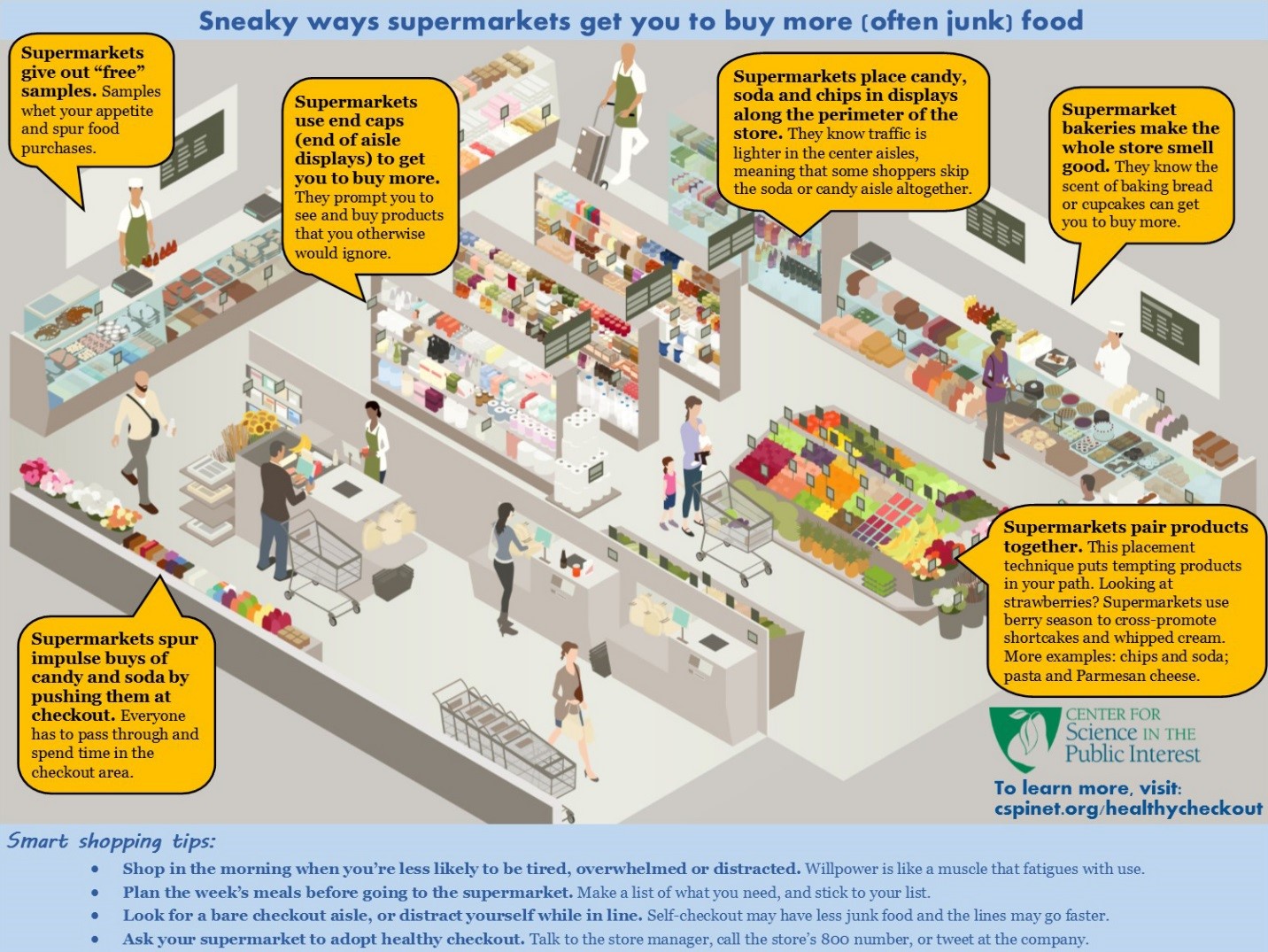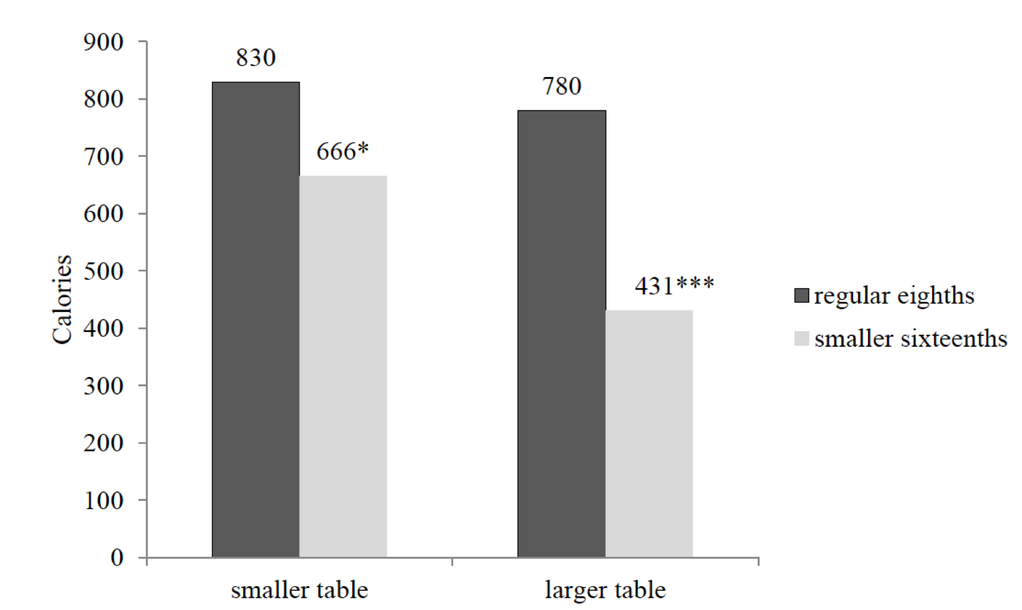
Ever wonder why your spouse eats too much even when you warn him or her not to eat too much? It could be because your admonitions put your spouse into a state of reactance, causing them to go against your advice just to prove their independence.
Reactance is a state of mind that arises when people feel that their freedom is being restricted. Reactance can be triggered by random events–when a food is not in stock at a grocery store, some people will be upset that they’ve lost the ability to purchase that food, even if they didn’t care that much about the item previously. Public service announcements, or PSAs, can trigger reactance, too–lecturing people on what they should or shouldn’t do can create backlash, where people do the bad thing just to prove they can’t be controlled.
When I first learned about psychology reactance, I thought about my older brother. It was a cold Minnesota day (sorry for the redundancy), and my then nine-year-old brother was staring longingly at a ribbon of ice that had wrapped itself around a metal railing. My parents, reading his mind, warned him not to lick it. He promptly took a lick and his tongue stuck to the frozen metal like it planned to remain there until April. My parents rescued him by pouring lukewarm water over the railing.
The lesson? Sometimes the worst way to keep people from engaging in harmful behaviors is to tell them to avoid those behaviors.
(To read the rest of this article, please visit Forbes.)
Do You Overeat? Blame Childhood Stress

Lots of us eat when we are stressed. But did you know that even when we are not currently under stress, the amount of food we eat might be influenced by the stress we experienced as children? That’s the conclusion Sarah Hill, a psychologist at TCU, wants us to draw from several studies she ran with colleagues from the Universities of Arizona and Minnesota. In the research, Hill brought college students into her lab and left them in front of snack food while they were taking a break between two parts of a research study. She then looked at how much food people ate during this break, as a function of whether they experienced significant financial stress as a child – e.g. whether they reported “having enough money for things growing up.” Hill also asked people how long it had been since they ate and whether they were hungry. She found that among people with more privileged backgrounds, the amount of food they ate depended largely on how hungry they were. On the other hand, for those from less lofty socioeconomic backgrounds, they ate the same amount of food regardless of their hunger, a.k.a. their “energy needs:”
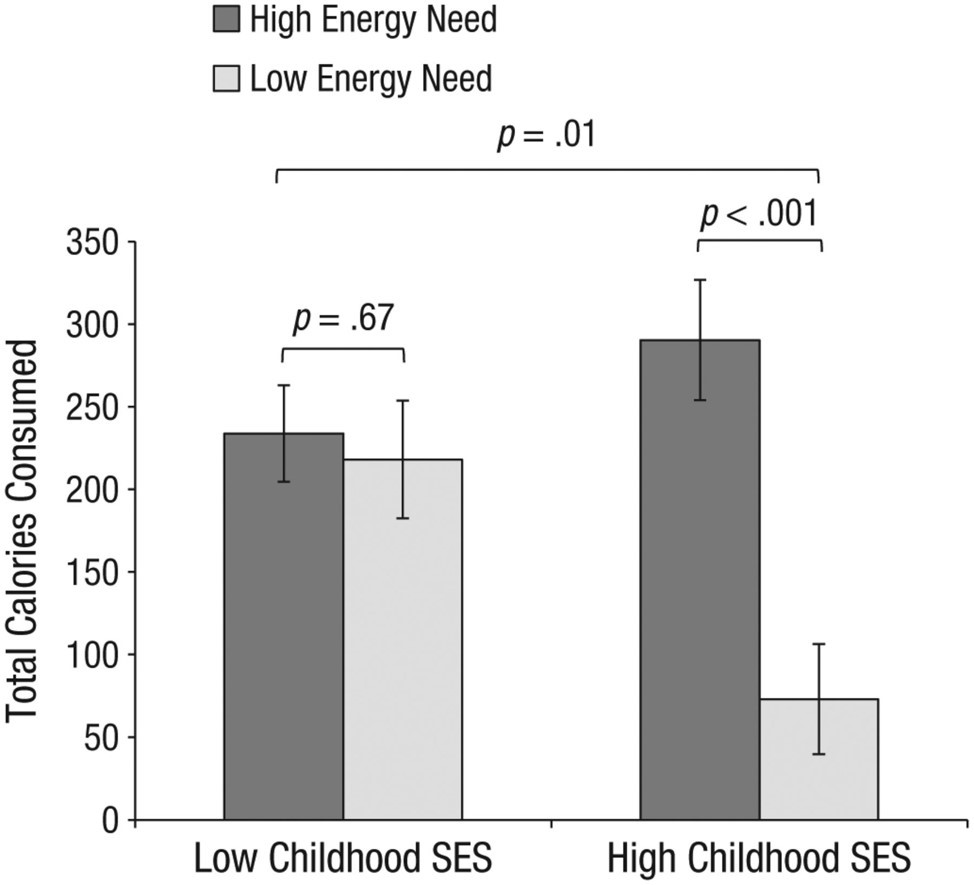
In an even more convincing part of her research, she brought people to the lab after all of them had fasted.
To read the rest of this article, please visit Forbes.
How to Stop Over-Eating — Lessons from Brain Science
Put our brains into the modern food environment, and you have a recipe for disaster. Our brains are hardwired to crave calorie-dense foods, this craving no doubt arising from our evolutionary time spent on the Tundra where calories were often scarce. But our modern food environment surrounds us with calorie-dense foods, forcing us to deplete limited willpower trying to keep our cravings from turning into over-consumption. Fortunately, brain science hints at several ways to reduce this pattern of craving and consumption.
Let’s start with a part of the brain called the left dorsal lateral prefrontal cortex, a region important for helping restrain ourselves from engaging in unwanted behaviors. Do something to disable the dlPFC (as the cool kids call it), and you will lose self-control or willpower. For example, psychologists often measure self-control using something called the Stroop effect, in which people are asked to quickly state, say, the color of a series of fonts. This seems like it should be pretty simple.
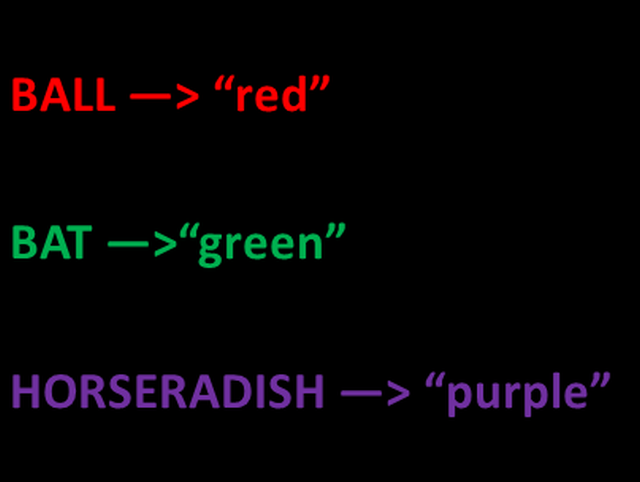
In the Stroop task, however, every once in a while people get something like the following:

When people see this word they are supposed to say “red” because the word is in a red font. But many people blurt out “green” instead, unable to inhibit the impulse. As it turns out, when researchers use a clinical stimulator to zap the dlPFC, people’s performance on the Stroop task declines. Here, in case you are interested, is a picture of one of these stimulators – don’t let a stranger persuade you to place one on your head!
To read the rest of this article, please visit Forbes.
How Supermarkets Influence Shoppers
Absolutely Hilarious Nudge
Only Proven Treatment for Obesity
I blog frequently about obesity. I think the most important thing we can do, as a nation, to combat obesity is to try to prevent our next generation of children from becoming obese. Once people become obese, almost no diet in the world will consistently help them lose weight and maintain that weight loss.
But there is one intervention, a drastic one that has been shown to help obese people. Bariatric surgery! And here’s some data, from JAMA Surgery, on what that treatment does:
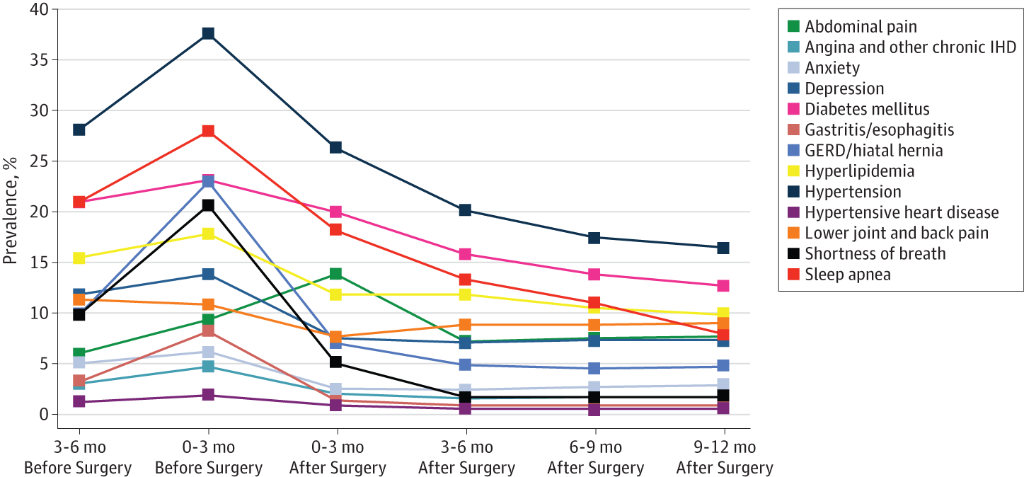
Financial Disparities and Abdominal Girth
I recognize that correlation does not prove causation. But here is a picture illustrating the correlation between income inequality and the percent of a country’s population that is obese. The findings are provocative, to say the least.

Making the relationship somewhat plausible is all the evidence we have now of the toll that income inequality takes upon people’s lives. It is one thing to be poor. It is something much worse to be poor when surrounded by wealth. Income inequality increases stress. It is plausible that this stress contributes to behaviors that lead to obesity, and to physiologic changes that predispose people to gaining weight.
Thanks to Pierre Chandon for tweeting this image out.
Beware of Large Pizza Slices!
Action Movies Create Couch Potatoes
ICYMI: When people watch action movies, they consume more calories.
